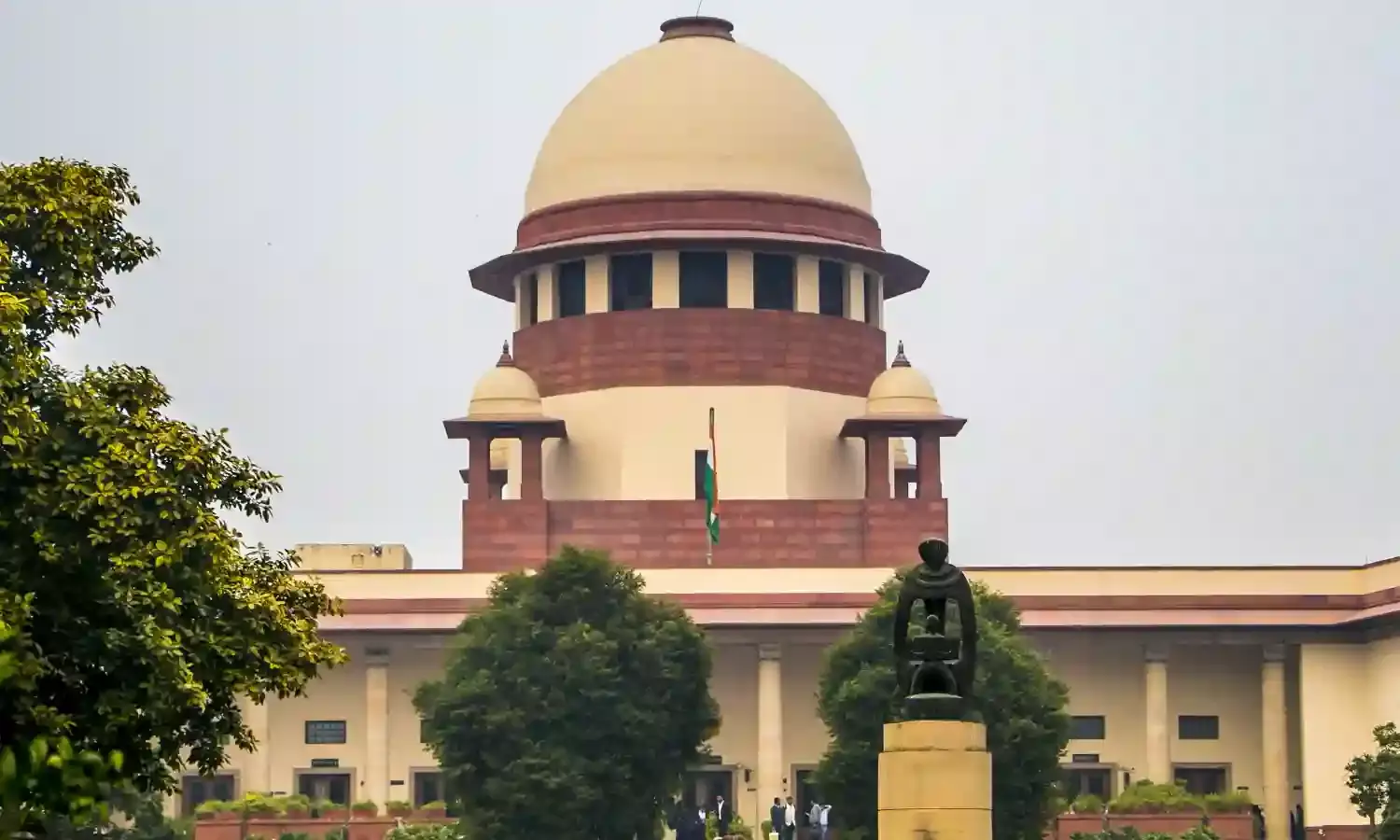High Court Must Not Appreciate Evidence At The Stage Of Framing Of Charges While Exercising Powers Under Section 482 Cr.Pc. – Supreme Court

The Supreme Court in the case of Saranya v. Bharathi & another has held that the High Court, at the stage of framing of charges, while exercising its power under Section 482 CrPc must not appreciate the evidence and should not consider whether on the basis of such evidence, the accused charge-sheeted is likely to be convicted or not.
While referring to various precedents a bench of Justices DY Chandrachud and MR Shah observed that the Court has to consider the material only with a view to find out if there is a ground for "presuming" that the accused has committed the offence.
The Court set aside the Madras High Court judgment which under section 482 of CrPc had quashed the entire criminal proceedings against a co-accused involved with a prime accused in the murder of a man in Tamil Nadu.
Facts of the case
The wife of the deceased had filed a complaint stating her husband was unemployed for a long time when Accused No.1 (Velas alias Velayutham) was introduced by Accused No. 2 (Bharathi) to them. Accused no. 2 informed that Accused No. 1 was employed at Guindy Employment Exchange and that if they give money, he can arrange government employment for them.
Both husband and wife believed them and gave Rs. 4 lakh to Accused No. 1. A few days passed after which the couple was asked to meet Accused No. 1 at Vyasarpadi. Accused No.1 offered them a powder claiming it to be 'Prasadam' from Shirdi Sai Baba temple. Since the powder was bitter in taste, the complainant spat it out but her husband had consumed it after which he fainted and fell down. He was rushed to the hospital but had breathed his last by then.
A case was registered based upon the complaint of the deceased's wife, where Velayutham (Accused No. 1) was made the prime accused and Bharathi was also charged with the offences under section 420 (Cheating and dishonestly inducing delivery of property), 302 (murder) read Section 109 (abetment of any offence) of Indian Penal Code (IPC).
While the case was pending for committal before the Metropolitan Magistrate, Egmore, Chennai, Accused No.2 approached the High Court for quashing the entire charge sheet against her under Section 482 CrPc. The High Court while exercising its power under Section 482 CrPc quashed the entire criminal proceedings against her by allowing the plea.
Supreme Court's findings
While referring to the case of State of Madhya Pradesh v. Deepak [(2019) 13 SCC 62], the Court observed - "It was held (in Depak case) that at that stage, the High Court is required to evaluate the material and documents on record with a view to finding out if the facts emerging therefrom, take at their face value, disclose the existence of all the ingredients constituting the alleged offence or offences. It is further observed and held that at this stage the High Court is not required to appreciate the evidence on record and consider the allegations on merits and to find out on the basis of the evidence recorded the accused chargesheeted or against whom the charge is framed is likely to be convicted or not,"
The Court found that there was sufficient evidence on record against Accused No. 2 which raises strong suspicion.
"It has been found that A2- respondent no.1 herein who was serving in the Secretariat and was in touch with the deceased and the complainant as she used to go to Xerox shop owned by the deceased and she introduced A1 to the complainant and the deceased. It is specifically alleged that she said that she can manage to get the job/employment for the deceased but for that they have to pay" the Court opined.
"Therefore, in the facts and circumstances of the case, when Respondent No.1 had been chargesheeted for the offences under Sections 420, 302 r/w 109 IPC and when there was ample material to show at least a prima facie case against respondent, the High Court committed a grave error in quashing the chargesheet/entire criminal proceedings against Bharathi in the exercise of powers under Section 482. The High Court has evidently ignored what has emerged during the course of the investigation and has entered into the appreciation of the evidence," the Supreme Court held.
Observing these, the apex court then set aside the High Court's decision and directed the Magistrate to proceed with the case.

